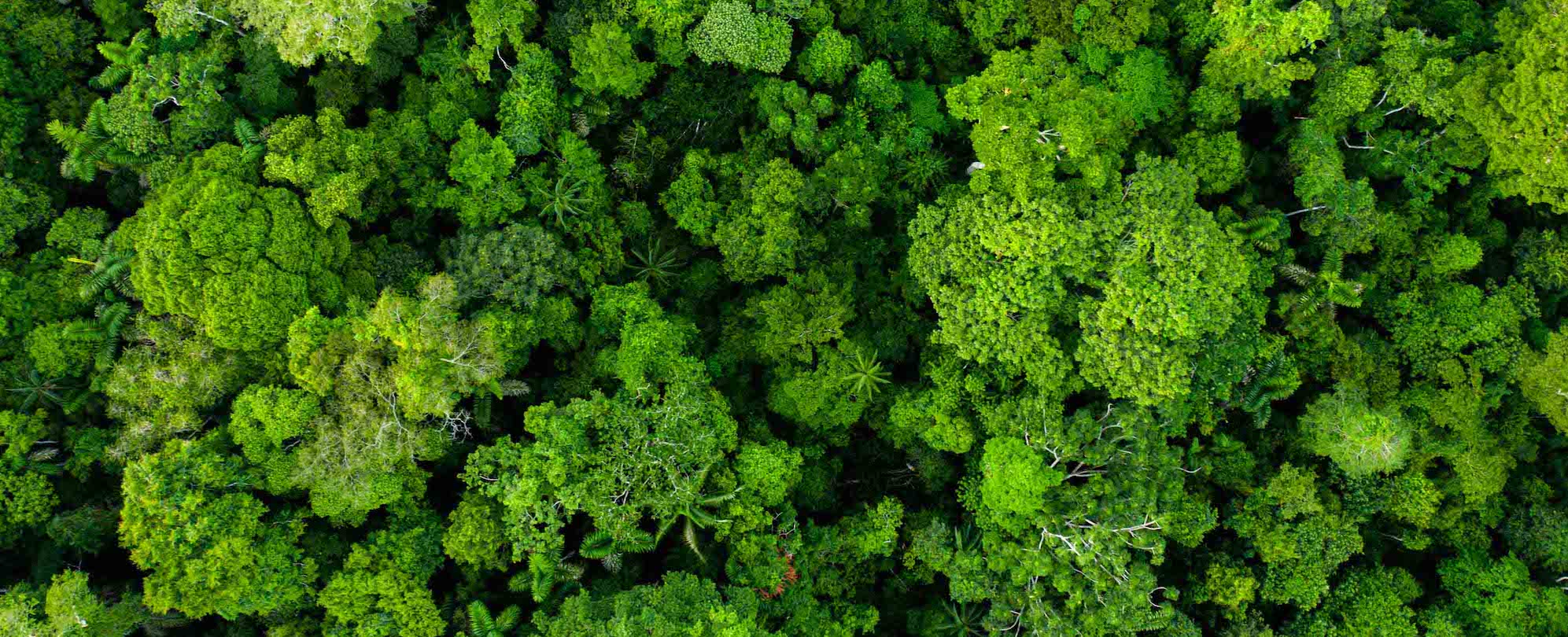For more climate-friendly medicine
Calculate and reduce emissions now and offset them at old-growth forest protection

A CO2 calculator for the medical sector
Whether it's a general medical practice or a dentist: with our tool specifically for medical facilities, you can calculate the carbon footprint of different practices easily and free of charge.
And afterwards, you can directly offset your carbon footprint by protecting valuable rainforest!
Climate saver forest
Compensation through old-growth forest protection
Primeval forests are real climate savers. They not only store huge amounts of CO2, but also cool the environment, ensure stable precipitation and clean the air. And what's more, they are a habitat for a huge variety of species!
Your advantages
Specialized calculators: queries specifically tailored to the needs of the medical sector
Cache function
Average values for easier calculation
Free calculation
1€ compensation donation protects 1 m2 of forest
Permanent forest protection > permanent CO2 sequestration
Tax-deductible donation with donation receipt
Personalized certificate with geo-coordinates
.jpg)
Example of a wilderness protection certificate forCO2 compensation
Information on CO2 compensation
Doesn't compensation mean that emissions are reabsorbed? Is it better to plant trees or protect trees? Why does deforestation actually affect the climate? Many questions are answered in this interview with Kai .
You can also find more information on our info page.
What our calculators offer you
Our calculators are:
- Transparent & comprehensible: We have only used publicly available data and will disclose the basis of calculation on request.
- Holistic: As far as the data situation allows, we always include the entire life cycle of a product or activity in the CO2 calculation.
- Thorough: Numerous quality criteria guide our selection of emission factors from relevant scientific sources.
- Current: We regularly update, optimize and expand the computers.
- Diverse & highly specialized: We offer a variety of different computers that are precisely tailored to the conditions of the respective area.
CO2 footprint dental practice
About Wilderness International
The Wilderness International Foundation, based in Peru, Canada, and Germany, legally purchases wilderness areas with land registry entry and protects them for all future generations.
Donations refinance the purchases and at the same time finance the long-term protection of the areas as well as environmental education projects and research on carbon storage and biodiversity.
I am convinced by the directness of the work. Instead of expensive awareness campaigns, WI actually protects unique wilderness areas. And not only the how, also the what has a hand and foot. Areas are selected on the basis of their acute threat, their ecological importance or their strategic location. All of this can be tracked by anyone using geo-coordinates. More transparency is impossible!
Jenin Ziemens
Environmental Ambassador
How we protect wilderness.
Our guide to saving the world.

1
Find land plot
In rapid assessments, we work with researchers to determine the conservation value of a forest area. The decisive factors are whether the area has a high level of biodiversity and CO2 storage capacity, whether it is under threat and whether it is located in a strategically important place.
2
Buy in advance
The purchase of the land is financed with loans. We do not collect donations for land that we do not yet own.
3
Obtain land registry entry

4
Create aerial images
5
Refinance through donations
6
Prove by certificate with geo-coordinates

7
Research, document, communicate
8
Ensure long-term protection
Regular visits, local partnerships, forest guardians, property taxes and the foundation concept ensure the long-term protection and ecological integrity of the areas.

Please indicate in the subject line: CO2 Calculator Individual




